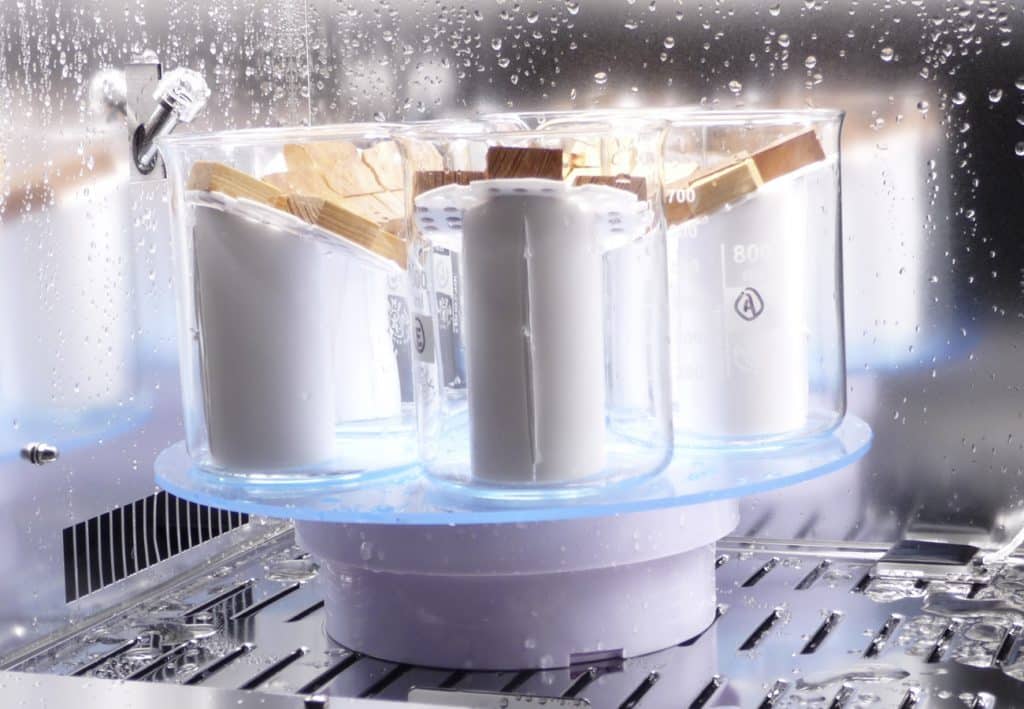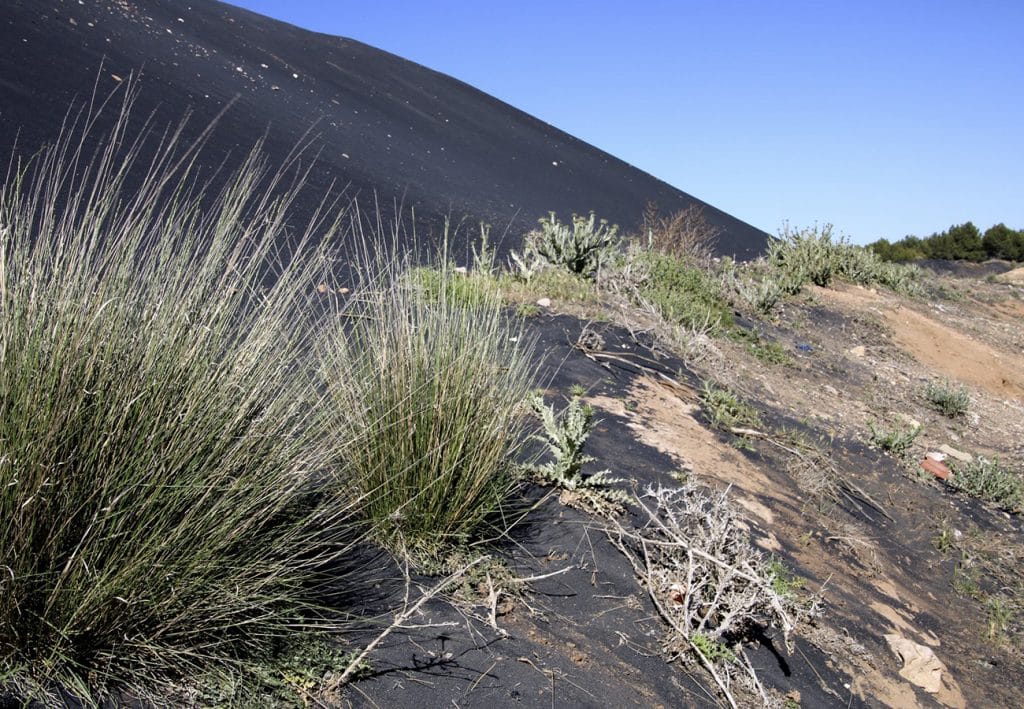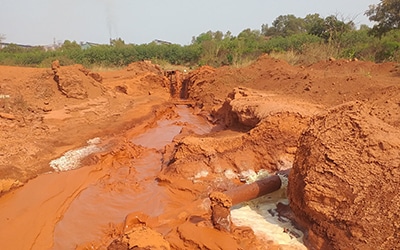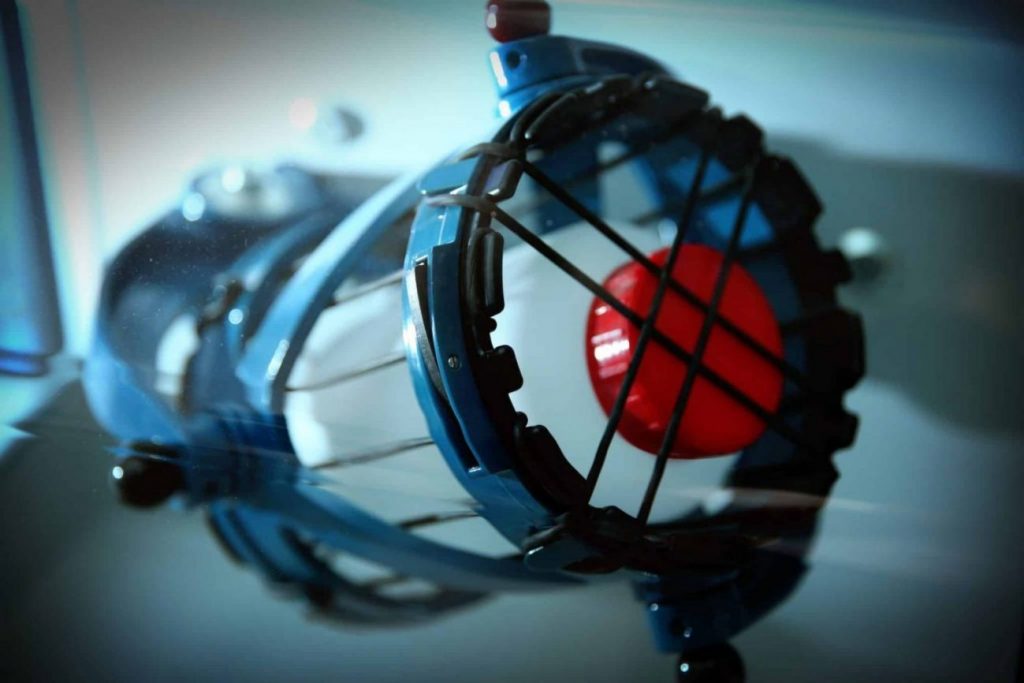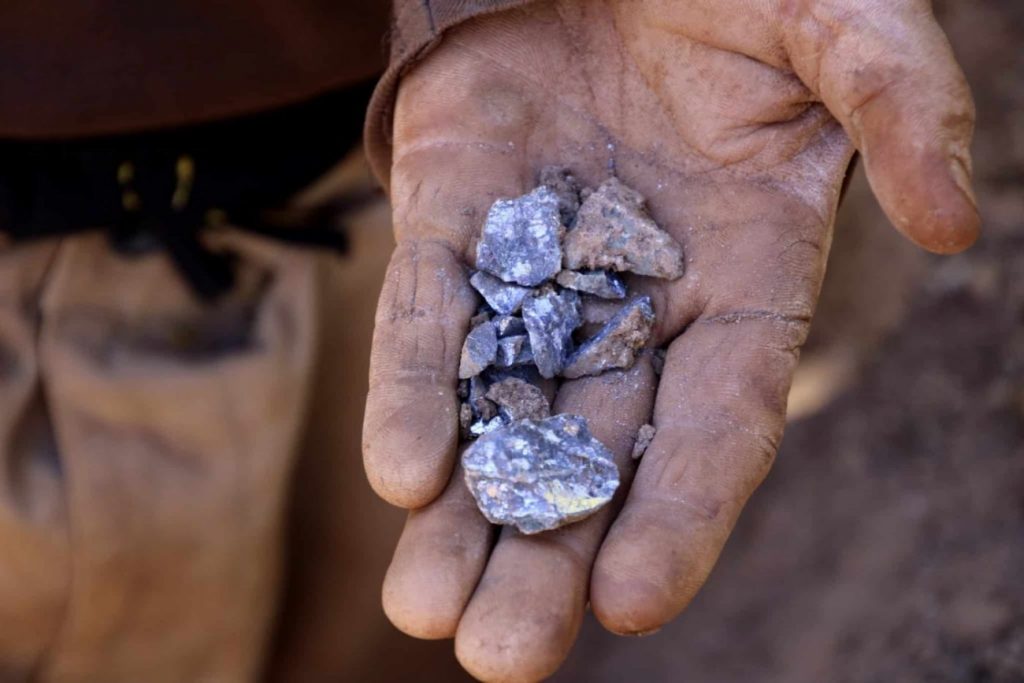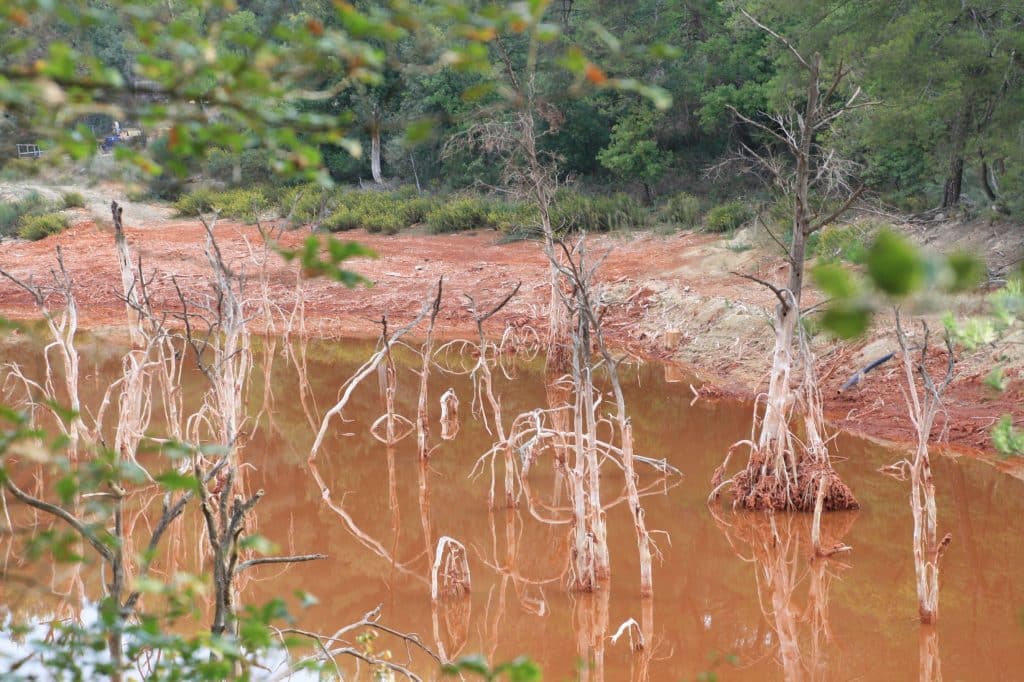Mineral resource life cycle - Critical metals
Faced with increasing pressure on mineral resources, the team is taking a circular economy approach to rethinking all the stages in their life cycle, and in particular critical metals, i.e. metals that are strategic for technologies linked to the environmental transition.
Supporting mining activity
Through its leadership of a joint international and interdisciplinary IRD laboratory: Responsible Mining Activities in Morocco, the team is helping mining stakeholders to adopt more responsible extraction and post-mining management practices, with a particular focus on the issue of the post-mining period (reclamation of mine tailings, restoration of abandoned sites, economic conversion of regions, etc.). The creation of an international OHM (CNRS, INEE) is currently being considered in Morocco, to support the work of structuring the players involved in the LMI. In addition, the Lebanese observatory (GDRi Sud O-Life) is in the process of being renewed and will, among other things, enable the development of low-cost sensors for monitoring the impact of quarrying.
Soft extraction processes for critical metals
A major lever for reducing pressure on primary resources is the exploitation of industrial and urban waste and end-of-life products (secondary sources). To this end, we are developing bio-inspired processes for the selective extraction of critical metals based on the natural processes by which these metals are transferred to living organisms (bacteria and plants). In addition to characterising the molecules involved in biological transfer and their use in extraction processes, a major objective is to quantify the sobriety of the processes developed compared with traditional hydrometallurgical processes, in collaboration with economists.
Ongoing projects
- 2024-2025 : Agri-Mine project. Potential for agricultural conversion of a mining area tested by socio-environmental mapping: the case of the Midelt region (Morocco)
- 2021-2025 : ANR project RECALL. Sustainable RECovery of vALuable metaLs in bauxite residue.
- 2020-2025 : IRD International Joint Laboratory AMIR. Responsible Mining in Morocco: Issues, Challenges, Solutions.
- 2022-2025 : European project LEAP-RE RESTART. REcycling of spent Li-ion batteries and end-life photovoltaic panels: From the development of metal recovery processes to the implementation of a START-up.
- 2020-2023 : ITEM Institute Project Bioextract. BIOmimicry at the service of the EXTRACTION of Rare Earths from secondary sources.


